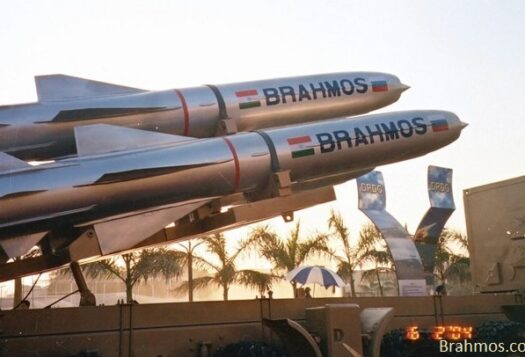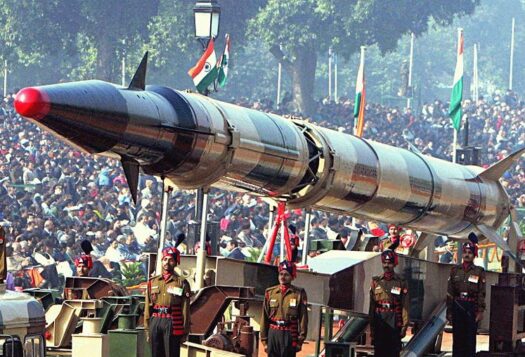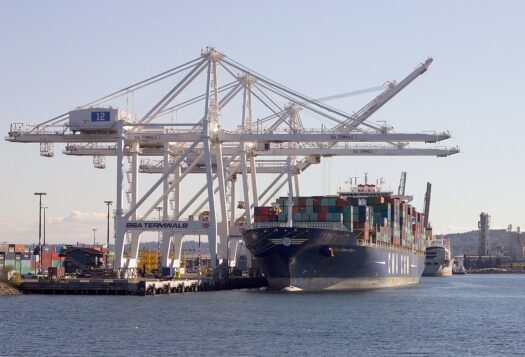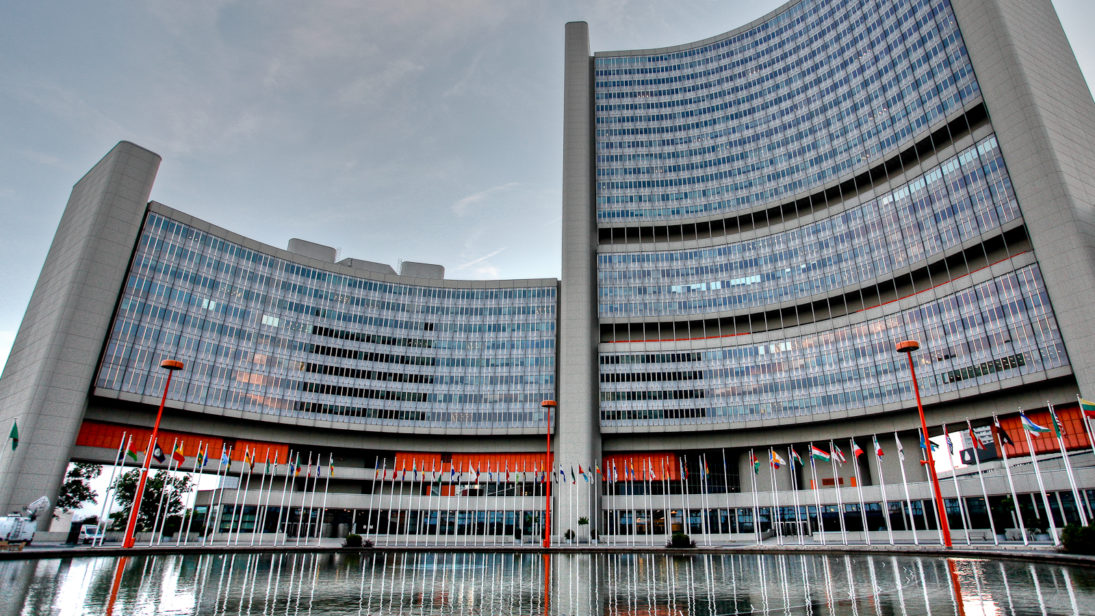
In its broadest sense, transparency refers to disclosing information that was earlier kept classified. In practice, transparency regarding the management of nuclear materials varies for every nuclear state. States engaged in the use of nuclear materials and technologies tend to manage their civil and military nuclear programs under tight veils of secrecy as sensitivities about national security interests prevail. However, voluntary information sharing mechanisms related to the management of nuclear materials hold significant political value for nuclear states, since such mechanisms may inspire the confidence of the international community in the safety of the state’s nuclear materials.
Arguably, however, transparency on nuclear issues has another upside: it may help to manage and mitigate the effects of nuclear competition by increasing the predictability of actions taken by either side. During a crisis, states tend to contextualize the actions of the adversary in terms of their national security. Any event or action that can complicate this understanding may then result in the execution of destabilizing actions, undertaken with the belief that doing so safeguards national security interests. With this in mind, the preemptive adoption of transparency measures, such as the sharing of sensitive information on the management of nuclear materials, are in the national security interests of a state as it may prevent crises from spiraling out of control. For instance, per a bilateral agreement, India and Pakistan have annually shared information about the locations of their nuclear installations and facilities for thirty years. Under this agreement, both sides are bound from acting against the information shared, which may have had a stabilizing effect on their oftentimes tense bilateral relations.
At the international level, nuclear transparency unfolds in one of two ways: for the nuclear weapon states (NWS) that are signatories to the Nuclear Nonproliferation Treaty (NPT), mandated transparency measures require they demonstrate progress on their disarmament obligations under Article VI. For non-NPT nuclear weapon states, transparency measures are voluntary, earning them goodwill and a gradual acceptance into the international nuclear order. The International Atomic Energy Agency (IAEA) is “the international center for cooperation in the nuclear field” promoting the “safe, secure and peaceful use of nuclear technologies.” One of the IAEA’s transparency mechanisms is the Guidelines for the Management of Plutonium (INFCIRC/549) to “increase the transparency of the management of civil plutonium by publishing annual statements of each country’s holdings of civil plutonium.” The goal here is for a state to manage plutonium “in ways which are consistent with its national decisions on the nuclear fuel cycle and which will ensure the peaceful use or the safe and permanent disposal of plutonium.”
Potential Hurdles to the INFCIRC/549
Nuclear states are generally reluctant to voluntarily share information regarding their programs internationally, especially since these programs have been managed out of the public spotlight for decades. Sharing information related to stocks of civil plutonium is a voluntary act of transparency, a sovereign choice made by a state. Yet, since all nuclear-related information is considered crucial to national security, there is general apprehension that any such information shared could potentially compromise that security. For instance, India—a non-NPT signatory state—maintains civilian facilities, separate from military facilities, that are not under IAEA safeguards and are being run in secrecy. This culture of secrecy prioritizes security and sovereignty over the sharing of information and transparency.
Similarly, the lack of a political framework for sharing such information on a voluntary basis also poses an obstacle. Being a technical subject, political decision makers delegate this information sharing to the scientific enclave and the national security bureaucracies, which are traditionally more cautious and slow-moving.
Information sharing practices are also directly linked to the legitimacy enjoyed by nuclear states. Legitimacy is bi-directional: if a nuclear state seeks legitimacy, this reflects a desire to be treated as a responsible member of the global nuclear community. Legitimacy, once attained, gives confidence to nuclear states that their nuclear capability is accepted by the international community. Thus, they can then engage in a variety of initiatives to advance the goals of nonproliferation and safe management of nuclear materials under their control. For instance, the United States makes information public because its nuclear status is legitimate under the international nonproliferation regime. On the other hand, in the absence of legitimacy, states tend to prioritize sovereignty concerns and refuse to participate in what they perceive to be an unfair global order. In the context of South Asia, India and Pakistan are reluctant to share information because their nuclear status still lacks legitimacy from the international nuclear order. Yet, Pakistan has shared information related to its nuclear security practices in order to allay international concerns. However, whether Pakistan would be willing to share information related to stock holdings without international legitimacy of its nuclear status, say in the form of membership of export-control regimes or inclusion in high-level discussions about the nuclear order, is an open question.
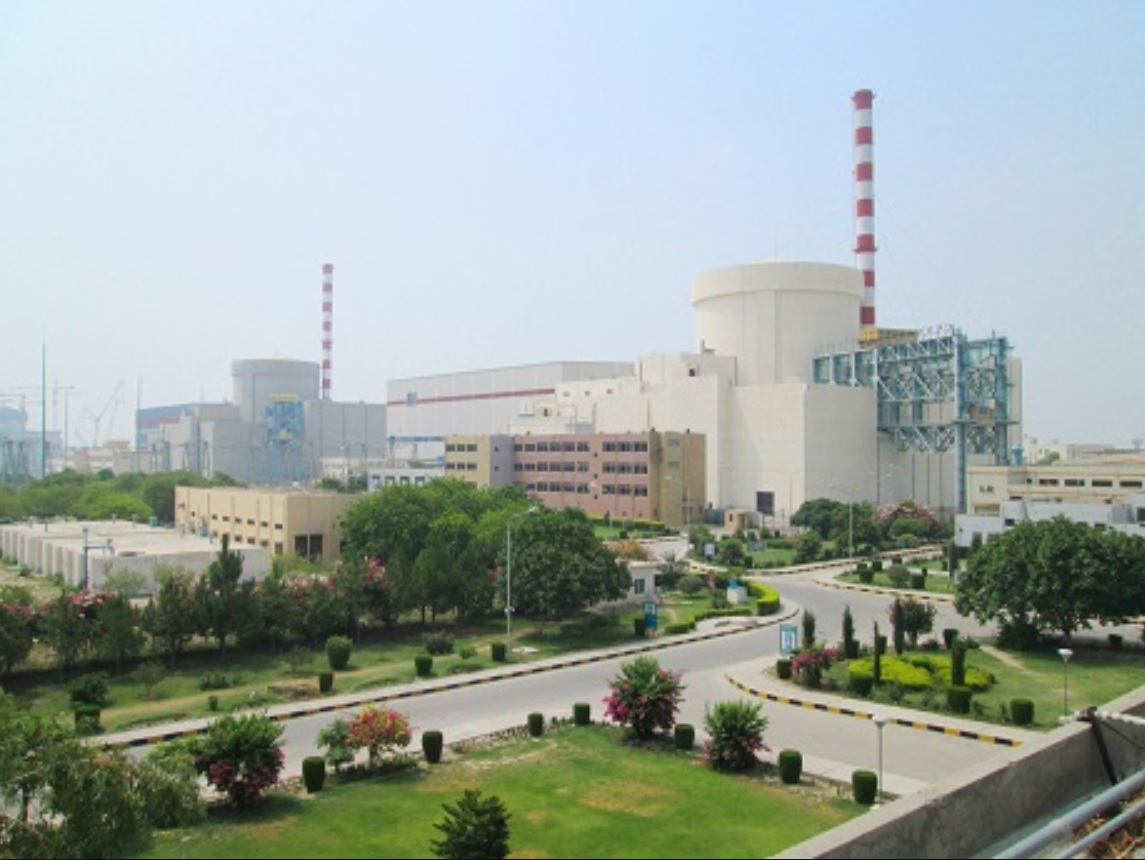
Potential Benefits of Participation in INFCIRC/549
Despite potential roadblocks, nuclear states may accrue benefits in choosing to adhere to INFCIRC/549. While transparency grants outsiders insight into a state’s operations, it also signals the state’s willingness to share information. When a state participates in such mechanisms on a voluntary basis, it earns the trust of fellow states, which is especially beneficial for non-NPT signatory states. For these states, adherence in good faith to practices followed by NPT-signatory nuclear weapon states enhances their credentials as they seek a larger role within the global nuclear order. By voluntarily sharing information related to INFCIRC-549, non-NPT signatory states also signal their continued commitment to the global nonproliferation regime, and for achieving the highest degree of nuclear security.
Additionally, there is always speculation in the public domain regarding a state’s nuclear material holdings. Absent official announcements, experts oftentimes resort to calculating and estimating plausible amounts of nuclear material held by any state based on public sources and scientific analysis. As the absence of officially declared information does little to hinder public debate about stockpiles, why not get ahead of the narrative and lead it? By making limited information on civilian nuclear energy programs available, nuclear states can advance their policy interests by framing public debates. For instance, releasing information about civil stocks of plutonium could function as an opportunity to bolster Pakistan’s global messaging on the policy objectives and future trends of its growing nuclear energy program.
Should Pakistan Consider Participating in INFCIRC/549?
When analyzing the proposal for releasing information related to INFCIRC/549, Islamabad will have to consider two critical factors: first, its deterrence relationship vis-à-vis India, which is underpinned by ambiguity and thus demands reciprocity from New Delhi on any information sharing or transparency measures Pakistan undertakes; and second, its policy towards the broader question of declaration of existing stocks under the proposed Fissile Materials Cut-Off Treaty (FMCT). Given its deterrence equation with India and the asymmetry in their stocks, Pakistan will jealously guard any information related to existing fissile material for nuclear weapons i.e. military purposes. As for FMCT, the debate on whether to include existing stocks in the scope of the treaty and declare them has been ongoing and the deliberations at the Conference on Disarmament (CD) have been stalled for years. Pakistan has been vetoing commencement of negotiations towards an FMCT. Agreeing to voluntarily declare some of its civilian fissile material stocks under INFCIRC/549 would set a new precedent. This shift could push Pakistan to reevaluate its stance on the declaration of its broader fissile material stockpile in the future.
However, Pakistan has signaled its commitment towards the best international practices for safe and secure management of its nuclear program and handling of nuclear materials, and could therefore consider adopting INFCIRC/549. Recently, Islamabad announced its voluntary adherence to the Supplementary Guidance on the Import and Export of Radioactive Sources by the IAEA, which indicates that Islamabad is open to participation in mechanisms that strengthen its nonproliferation credentials, while also advancing goals of nuclear safety and security. Furthermore, Pakistan’s civil power and research reactors are currently under IAEA safeguards. Thus, all of the civilian plutonium in spent fuel produced is already accounted for, while the fuel cycle and stocks for defense purposes remain outside IAEA safeguards. However, participation in INFCIRC/549 would boost Pakistan’s international reputation and enhance its nonproliferation credentials at a time when Islamabad has applied for Nuclear Suppliers Group (NSG) membership. Thus, the voluntary agreement could hold some appeal for Pakistan.
Looking Ahead: Modalities of Pakistan’s Participation in INFCIRC/549
For Pakistan, such a move would be the first time the country has agreed to voluntarily declare a portion of its fissile material stockpile. For consistency on this in the future, Islamabad would require a positive reaction from major powers in the international nuclear community and reciprocity from New Delhi. Alongside being a technical issue, this sharing of information is politically symbolic and for that reason, Pakistan will be watching the reaction of other governments and the policy community. Therefore, initially, Pakistan can join participating governments to report its holdings of civil plutonium—the irradiated plutonium in spent fuel—under INFCIRC/549. Since this spent fuel is already under IAEA safeguards, sharing detailed information about it with other states will not undermine national security. Based on the reaction from those who gain access to this information, especially the IAEA and New Delhi, Pakistani policymakers and experts alike can determine Islamabad’s future level of participation as its civilian nuclear energy program continues to grow.
Editor’s Note:
Policy debates around participation in multilateral information-sharing mechanisms highlight fundamental tensions in nuclear-armed states between safety, national security, and international security. Assuring other states that fissile materials are securely managed against the global threats of illicit proliferation and nuclear terrorism is a widely recognized priority. Yet, there are compelling safety and security incentives for nuclear-armed states to keep information about their fissile material stocks secret. In South Asia, these tensions are further complicated by the unique histories of nuclear weapons in India and Pakistan and South Asian participation in global nuclear governance. Are voluntary information-sharing mechanisms regarding sensitive nuclear issues valuable?
In this SAV series, Muhammad Faisal, Maimuna Ashraf, Hina Pandey, and Pooja Bhatt respond to a recent paper by nuclear scholars Sharon Squassoni and Cindy Vestergaard. The paper proposes that South Asian nuclear-armed states voluntarily report their civilian plutonium holdings through participation in an existing multilateral mechanism, the Guidelines for the Management of Plutonium or INFCIRC/549. Contributors assess whether and how participation in multilateral information sharing on nuclear materials can enhance and/or hamper Indian and Pakistani national interests. Read the entire series here.
***
Image 1: IAEA Imagebank via Flickr
Image 2: Pakistan Atomic Energy Commission
